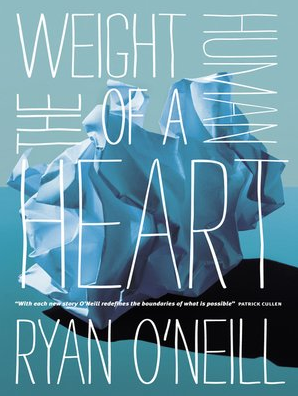
We lost a hive this winter. We’d set our two hives facing south on the roof of our Brooklyn home for maximum sunlight, knowing that in winter that would translate into maximum exposure to wind and cold as well. My wife, Hali, and our beekeeping consultant, Davin, dutifully taped up the cracks with red duct tape so that the bees would expend less energy over January and February with their self-composed heating system. Generally they cluster around the queen, vibrating their wings and shivering to keep her and themselves warm. It was a harsh winter in Brooklyn, however, and we’d gone up to the roof several times in December to check to see whether the hives were healthy. Both of them seemed okay, the workers’ little furry heads crawling up over the tops of the frames or buried head-first into the pale, hexagonal wax cells. Normally, when you open a hive, even in winter, you are struck by the chaos, the thousands of glinting bodies nosing and circulating, and the sharp hive smell that combines sweetness and sourness in equal proportions.












